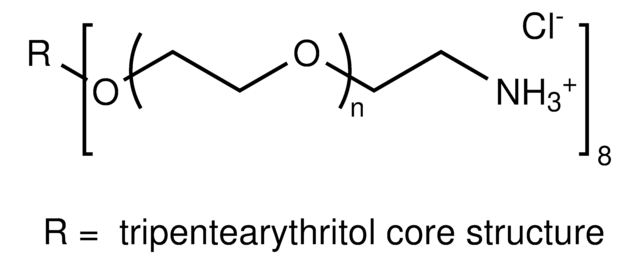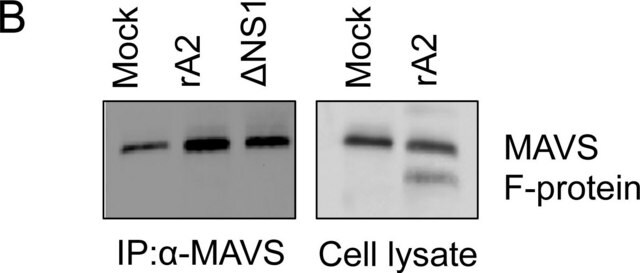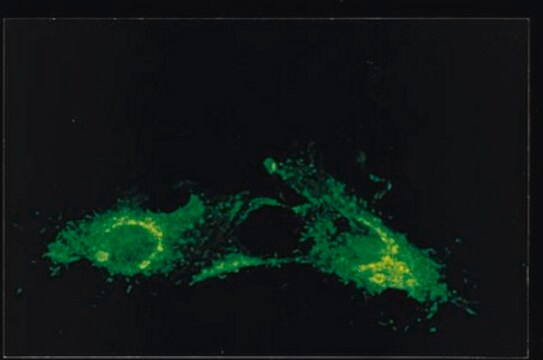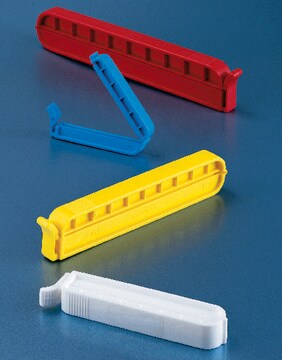MAB858-1
Anti-RSV Antibody, fusion protein, all type A, B strains, clone 133-1H
ascites fluid, clone 133-1H, from mouse
Synonym(e):
RSV
About This Item
Empfohlene Produkte
Biologische Quelle
mouse
Qualitätsniveau
Antikörperform
ascites fluid
Antikörper-Produkttyp
primary antibodies
Klon
133-1H, monoclonal
Speziesreaktivität
human
Hersteller/Markenname
Chemicon®
Methode(n)
ELISA: suitable
immunofluorescence: suitable
Isotyp
IgG2a
Versandbedingung
wet ice
Allgemeine Beschreibung
Spezifität
Immunogen
Anwendung
Infektionskrankheiten
Virale Infektionskrankheiten
Indirect Immunofluorescence at 1:100-200+ (fresh frozen tissue sections)
Final working dilutions must be determined by end user.
Physikalische Form
Lagerung und Haltbarkeit
Hinweis zur Analyse
RSV Control Slides, Catalogue Number 5012-5
Sonstige Hinweise
Rechtliche Hinweise
Haftungsausschluss
Not finding the right product?
Try our Produkt-Auswahlhilfe.
Empfehlung
Lagerklassenschlüssel
12 - Non Combustible Liquids
WGK
nwg
Flammpunkt (°C)
Not applicable
Analysenzertifikate (COA)
Suchen Sie nach Analysenzertifikate (COA), indem Sie die Lot-/Chargennummer des Produkts eingeben. Lot- und Chargennummern sind auf dem Produktetikett hinter den Wörtern ‘Lot’ oder ‘Batch’ (Lot oder Charge) zu finden.
Besitzen Sie dieses Produkt bereits?
In der Dokumentenbibliothek finden Sie die Dokumentation zu den Produkten, die Sie kürzlich erworben haben.
Unser Team von Wissenschaftlern verfügt über Erfahrung in allen Forschungsbereichen einschließlich Life Science, Materialwissenschaften, chemischer Synthese, Chromatographie, Analytik und vielen mehr..
Setzen Sie sich mit dem technischen Dienst in Verbindung.





